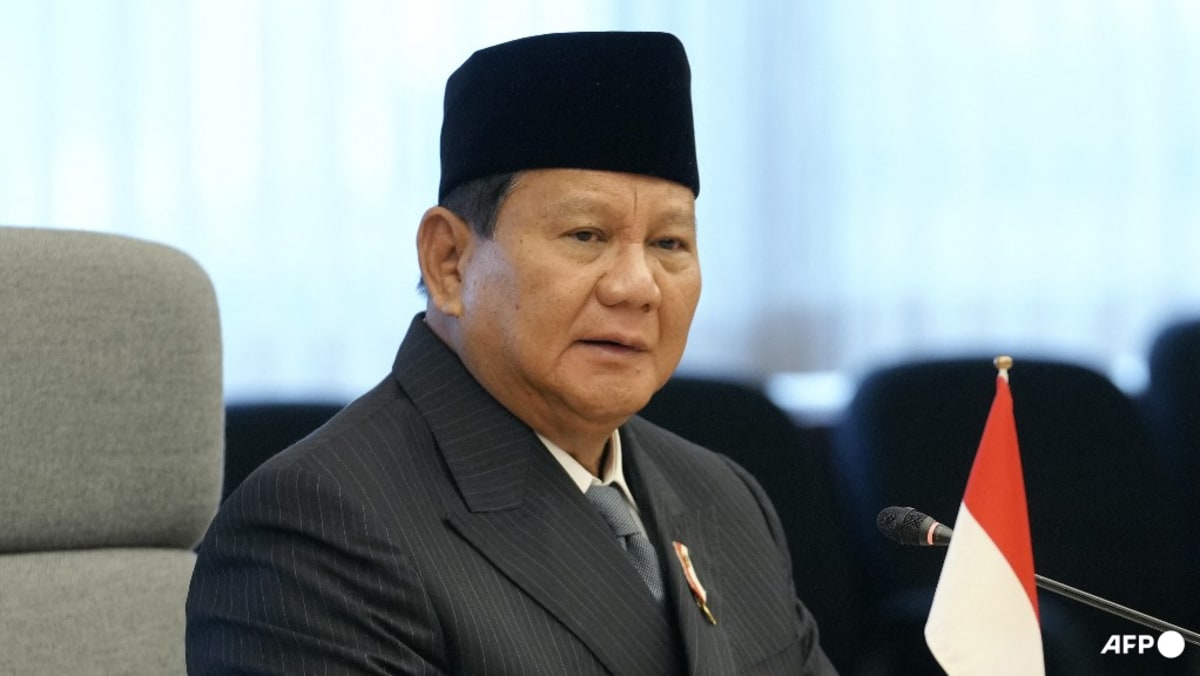The US Hyperpower Era- The idea of the United States becoming the hyperpower of the world, driven by artificial intelligence (AI), space exploration, and cutting-edge technological advancements, is no longer a mere fantasy but an increasingly plausible scenario. With AI evolving at an exponential rate, NASA’s space exploration efforts combining with private ventures led by figures like Elon Musk, and the continuous reshaping of global politics, it’s fair to say the U.S. could be on the brink of a new era of dominance.
how these factors could intersect and shape the world in ways we can’t fully predict yet.
Artificial Intelligence: The Next Frontier of Global Power
The first crucial piece in this puzzle is AI. Over the past few years, AI has leapt forward in ways few could have anticipated. What was once limited to self-driving cars and voice assistants has now expanded into areas like healthcare, national security, finance, and even creative fields such as art and music. With massive investments from both government and private sectors, the U.S. is in a prime position to harness the immense power of AI.
AI can be seen as the next industrial revolution. It is reshaping industries, disrupting labor markets, and, most importantly, giving rise to a new era of innovation. Countries around the world are aware of AI’s potential to alter the global balance of power, and they’re investing heavily in it. But, historically, the The U.S. has consistently led the way in technological innovation. From Silicon Valley to research institutions like MIT and Stanford, there’s an ecosystem of innovation that’s hard to match.
With AI, the U.S. doesn’t just have a competitive edge; it has the potential to monopolize the future. Imagine a world where AI-powered robots perform surgeries more accurately than the best doctors, where AI systems predict and prevent natural disasters, and where intelligent algorithms drive autonomous vehicles on a global scale. The possibilities are endless.
But let’s not forget the military implications either. AI-powered drones, cybersecurity defenses, and advanced weaponry are all shaping the future of warfare. With AI integrated into national defense strategies, the U.S. could potentially have the most sophisticated military force ever seen—something that could give it unmatched leverage on the global stage. So, it’s not just about AI making our lives more convenient; it’s about AI solidifying America’s place as the hyperpower.
NASA and Space Exploration
While AI is the future on Earth, space exploration is the final frontier. NASA’s legacy of space exploration is well-known, but it’s in the past few years that we’ve witnessed a monumental shift. Gone are the days when government agencies solely controlled space exploration. Private companies, especially SpaceX under Elon Musk, are taking a lead role, pushing boundaries and opening new possibilities for the human race.
Elon Musk has been vocal about his vision for humanity’s future. He wants to make life multiplanetary, with Mars as a potential second home for humanity. SpaceX is already making strides with its Starship program, designed to carry large payloads and humans to Mars. While this may sound like something from a science fiction novel, it’s happening now. The technology is advancing rapidly, and if things go according to plan, we could be looking at Mars missions as early as the next decade.
But the real kicker is that the U.S., with its private-public partnerships like SpaceX and NASA, could lead the charge in colonizing space. Imagine the geopolitical power that comes with being the first nation to successfully establish a permanent settlement on Mars. Not only does this give the U.S. unprecedented prestige, but it also opens the door to extraterrestrial resources, which could fuel further technological advancements. It’s a race to the stars, and the U.S. seems to have the best chances of leading it.
Moreover, space exploration doesn’t just benefit the U.S. in terms of global influence; it’s also driving innovation on Earth. The technologies developed for space missions often have applications here. From satellite communications to advancements in materials science, the innovations resulting from NASA’s space missions have a profound impact on our everyday lives.
But there’s another intriguing aspect to space exploration: the potential for international collaborations. If the U.S. leads the way in space colonization, countries around the world may feel compelled to join forces with it, providing the U.S. with even more diplomatic leverage. We could see an era of peaceful cooperation in space that redefines global politics—one where the race for space and resources brings nations together rather than driving them apart.
The Role of Donald Trump in a Shifting Global Power Structure
Now, let’s zoom out a bit and talk about politics. Trump’s second-term victory would signal a major shift in global diplomacy, forcing international leaders to take him more seriously. While his first term was filled with unpredictability and skepticism, his re-election would reaffirm his stronghold on American populism and national interests. Global leaders, regardless of their preferences, would need to adjust to a new reality where the U.S. prioritizes its own policies—especially in areas like trade, defense, and international agreements—reshaping the global power structure in ways that challenge traditional multilateralism and force countries to engage with the U.S. on its terms.
Trump’s last term was marked by significant changes to the global balance of power. His “America First” doctrine redefined U.S. foreign policy, pulling the country out of multinational agreements and renegotiating deals to prioritize American interests.
Could Trump’s leadership play a role in the U.S. becoming a global hyperpower, especially as the world moves into a new era of AI and space exploration? It’s certainly possible. Trump has shown a keen interest in technological advancements and is no stranger to the idea of leveraging innovation for geopolitical advantage.
Additionally, Trump has positioned himself as a strong advocate for American industry and national security, and both of these will be critical as the U.S. navigates the challenges of AI, space exploration, and global power dynamics. Whether it’s through fostering technological growth, making strategic deals with other nations, or strengthening America’s military presence, Trump’s approach could align well with the country’s aspirations for dominance.
Trump’s second-term victory would force foreign leaders to confront the reality of a deeply divided America, where the divisions go beyond race and include gender and economic disparities. While they may have once dismissed his rhetoric as extreme or nonsensical, they now see that his message resonates with a significant portion of the U.S. population. This shift means that international leaders can no longer ignore the domestic fractures in the U.S., and must consider how to work with a country that is politically polarized and where the political landscape is shaped by populist sentiments. The international community would have to adjust to an America that is more unpredictable, influenced by internal divisions that impact foreign policy decisions.
Geopolitical Shifts and the U.S. as a Hyperpower
Let’s take a step back and consider the broader geopolitical picture. While the U.S. may have the technological edge, we can’t ignore the fact that other countries are also investing heavily in AI, space exploration, and emerging technologies. China, in particular, is making huge strides in AI research and space exploration. The race between the U.S. and China could become one of the defining features of the next century.
However, the difference between the U.S. and China is the role of private industry. While China’s space program and technological advancements are largely state-driven, the U.S. benefits from its vibrant private sector. Companies like SpaceX, Google, Microsoft, and Amazon are not only pushing the boundaries of AI and space exploration—they’re also driving the broader economy and contributing to a competitive and innovative landscape.
As the U.S. continues to push the boundaries of AI and space exploration, its economic power could further solidify. The integration of AI into industries could make the American economy even more powerful, from financial markets driven by machine learning to automated manufacturing and healthcare systems. The U.S. could become the central hub for the global tech industry, attracting talent, capital, and resources from all corners of the globe.
Moreover, the political landscape in the U.S. will likely undergo significant changes as these technological advancements unfold. A leader like Trump, who emphasizes economic growth and national security, could play a pivotal role in shaping U.S. policy to support this transformation. His administration’s approach to trade deals, international relations, and technological investment could set the stage for U.S. dominance.
The Imaginary Becoming Reality
In the end, while the scenario of the U.S. becoming a hyperpower driven by AI and space exploration may sound like something out of a science fiction novel, it is increasingly looking like a plausible future. With AI revolutionizing industries, NASA and private companies like SpaceX driving space exploration, and political figures like Trump potentially influencing global power dynamics, the U.S. is positioning itself to lead the world into a New Era- The US Hyperpower Era.
The potential for technological innovation, geopolitical dominance, and economic prosperity is vast. As AI and space exploration continue to evolve, the question is not if the U.S. will become the hyperpower but when—and how the rest of the world will adapt to this new reality. Whether it’s through political leadership, scientific breakthroughs, or military advancements, the U.S. stands at the edge of a new chapter in global history.
So, while this may sound like something out of a futuristic fiction novel, the truth is that we are already witnessing the early stages of this transformation. The future of the U.S. as a global Hyperpower is not just a possibility; it’s a future that’s quickly becoming reality.




